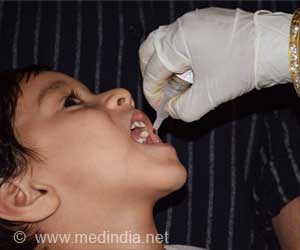Researchers at the University at Buffalo conducted a content analysis of newspaper stories about organ and tissue donation, found positive results for organ donation.
In a study involving 715 stories published in 20 newspapers over two years, results showed that 57 percent of the articles were positive to organ donation, while 14 percent were negative. The remaining were neutral."Research has shown that most of what people know about health issues they get second- or third-hand from the media or friends and family," said Thomas Hugh Feeley, Ph.D., first author on the study.
"Available data suggests that organ donation is portrayed positively in the media, but it also shows a lack of knowledge about the critical shortage of organs and about how organs are procured and assigned," said Feeley, associate professor of communication in the UB College of Arts and Sciences and of family medicine in the UB School of Medicine and Biomedical Sciences.
"We wanted to know if the issue was covered positively in newspapers, and what aspect of organ donation the articles concentrated on," he said. "We also wondered if the content differs by newspaper or region."
Newspapers were chosen for content analysis by size of circulation and electronic access to the database. Four of the five largest U.S. daily newspapers and 13 of the top 20 were selected for the study. Nearly all the nation's major dailies in the East, Midwest, South and West were included, plus USA Today, which is considered a "national" newspaper.
Results showed the five most frequently referenced topics in the articles were: kidneys, post-transplantation health and welfare, information on the critical shortage of organs, living donation and the actual transplant surgery process.
Advertisement
One theory of media influence holds that media selectively influence opinion leaders on an issue, who in turn discuss the topic with individuals who may not attend to the issue in media," Feeley noted. "I think this is what happens with organ donation."
Advertisement
Source-Eurekalert
JAY/M






